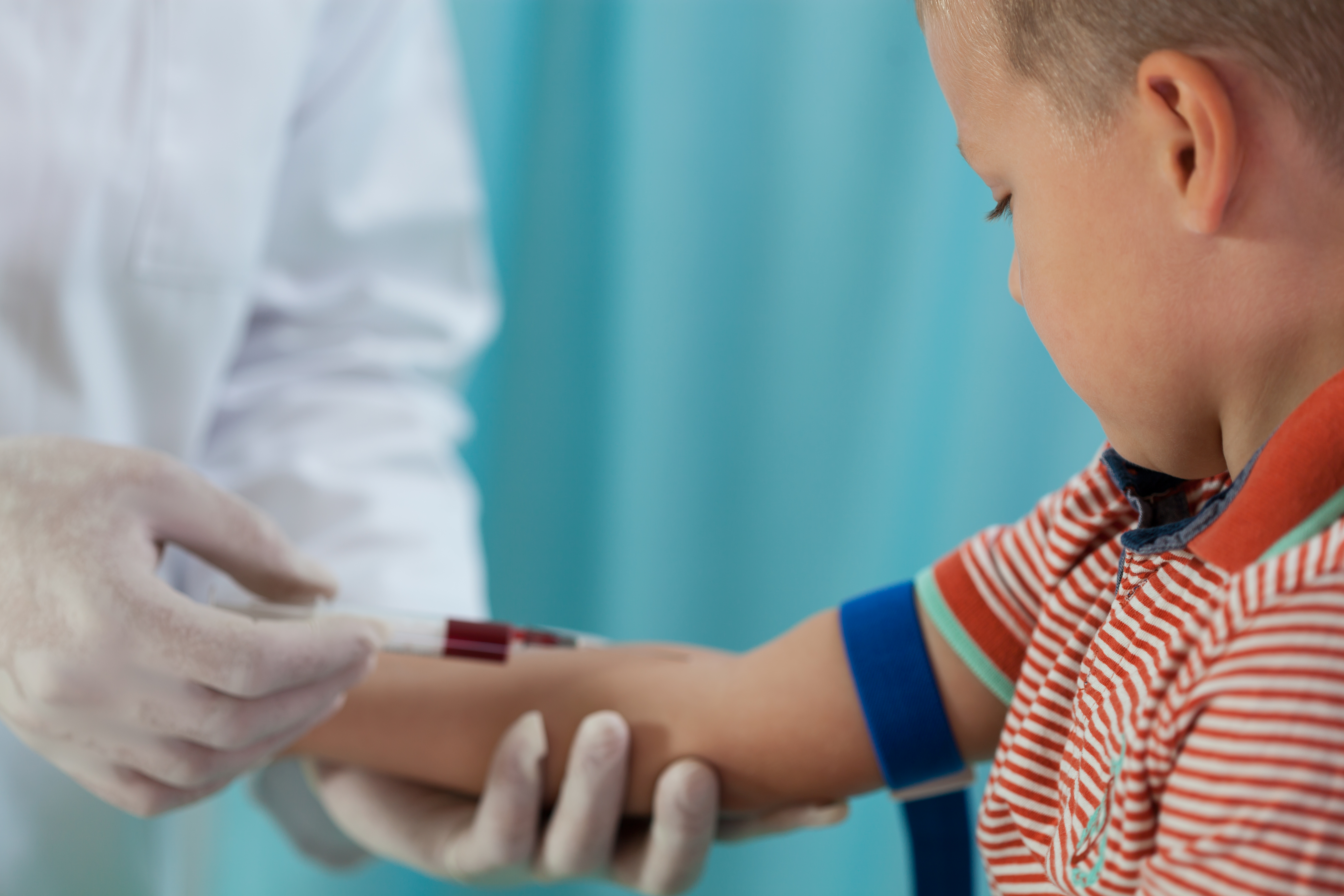Improving Clinical Testing For Testosterone Deficiency
9 fev 2020

Researchers develop a simple, versatile assay for measuring testosterone that works with tiny volumes of blood. This new test could help improve the diagnosis and treatment of hormone-related conditions in adults and children.
Most people are aware of the critical role that testosterone plays in male sexual, cognitive and body development. But the hormone plays wide-ranging roles across both genders – including regulating sex drive, fat distribution, muscle mass and strength and the production of red blood cells. Clinically low levels of testosterone can lead to delayed puberty in boys. Symptoms in adults include infertility, sexual dysfunction, fatigue, mood swings and a loss of muscle mass. Both children and adults with testosterone deficiency will usually respond well to therapy. But early diagnosis is crucial to address any problems as soon as possible.
Measuring Testosterone Levels
If a patient has potential symptoms of a hormone-related condition, they will usually be referred for further tests - including a blood test to measure their testosterone levels. If a diagnosis is confirmed, they will then undergo repeat blood tests during their treatment to monitor whether medication is working. Clinical laboratories already have accurate and reliable assays available for measuring testosterone. But there is room for improvement - for example, developing tests that can work on tiny samples. This is particularly important for paediatric testing where there is a need to draw as little blood as possible.
Streamlining an Ultra-High Sensitivity LC-MS/MS Assay
In a new study, published in Clinical Mass Spectrometry, researchers set out to adapt an existing assay into a cost-effective, faster option for the accurate diagnosis and treatment of adults and children with testosterone deficiency. The team had previously developed a liquid chromatography with tandem mass spectrometry LC-MS/MS method for measuring testosterone levels in blood samples with ultra-high sensitivity (<0.1 ng/dL). But they were now looking for ways to streamline their protocol.
The researchers simplified sample preparation into one step and developed two different workflows – the first involving manual extraction in a single tube, the other using an automated robotic platform. They successfully demonstrated that both approaches could sensitivity and accurately measure total testosterone in human serum or plasma with a lower limit of quantification of approximately 1 ng/dL – and it worked when using sample volumes as small as 100 µl. The team used ultrapure water generated from an ELGA laboratory water purification system to reduce the risk of introducing contaminants that may affect the results of this sensitive assay.
Faster, Cheaper and More Flexible
These results demonstrate the feasibility of an accurate, streamlined LC-MS/MS method suitable for measuring total testosterone in all human samples – with a choice of two workflows to suit small or large clinical laboratory requirements. These new protocols could offer greater flexibility for the clinical testing of testosterone levels in blood samples. They are cost-effective, fast and sensitive and can be used on serum or plasma from all gender and age groups.
Why Choose ELGA LabWater?
At ELGA LabWater, our expert engineers, chemists and scientists are at the forefront of water technological innovation. They continue to introduce game-changing features to the pure and ultrapure water purification systems market.
Reference:
- Star-Weinstock, M. & Dey, S. Development of a CDC-certified total testosterone assay for adult and paediatric samples using LC-MS/MS. Clinical Mass Spectrometry 2019; 13:27-35.
Dr Alison Halliday
After completing an undergraduate degree in Biochemistry & Genetics at Sheffield University, Alison was awarded a PhD in Human Molecular Genetics at the University of Newcastle. She carried out five years as a Senior Postdoctoral Research Fellow at UCL, investigating the genes involved in childhood obesity syndrome. Moving into science communications, she spent ten years at Cancer Research UK engaging the public about the charity’s work. She now specialises in writing about research across the life sciences, medicine and health.
